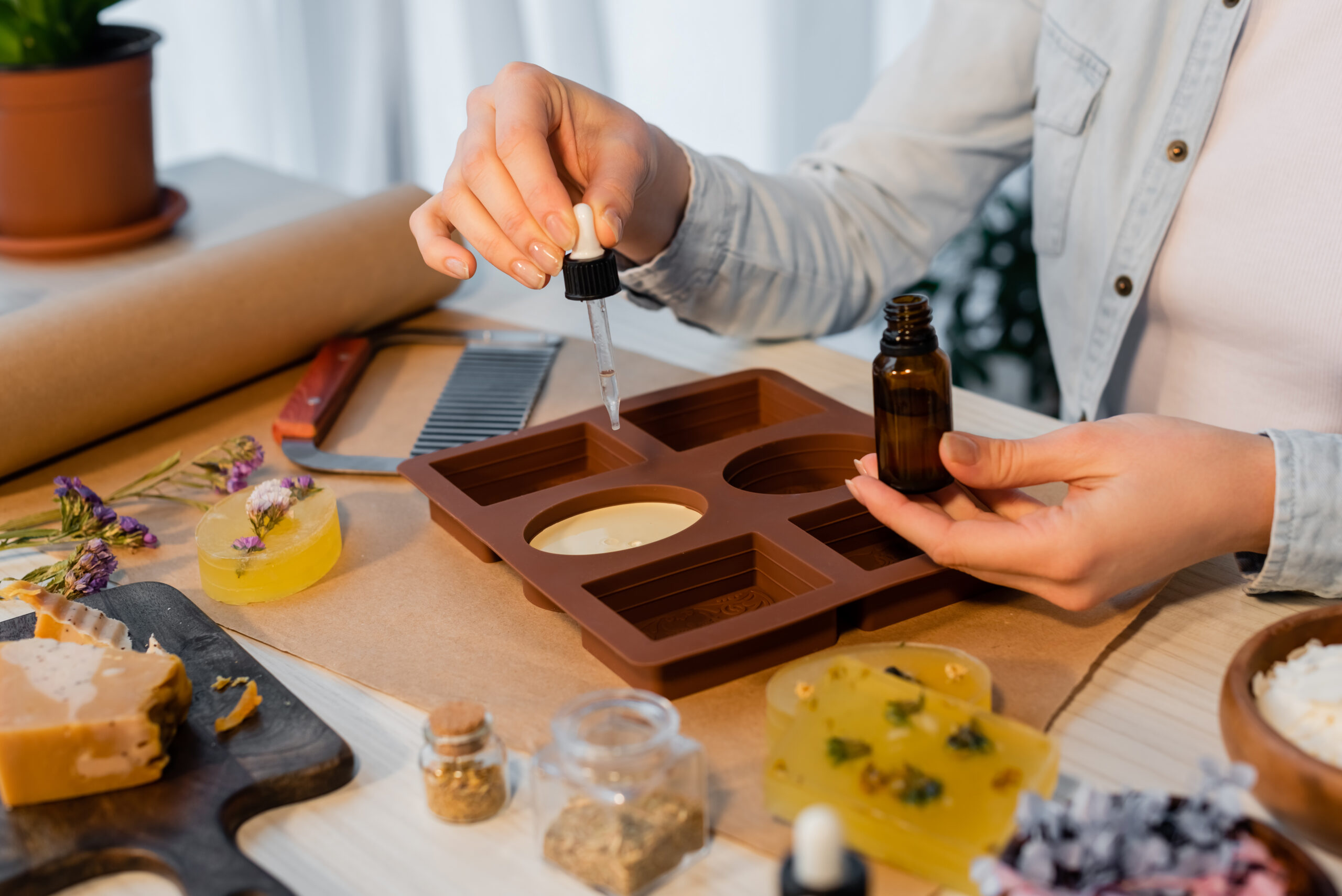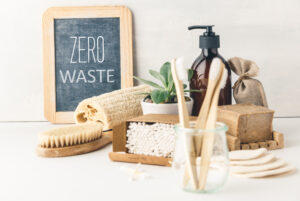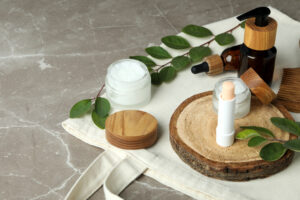Regulatory compliance plays a critical role in the handmade cosmetics industry, ensuring that products are safe for consumers while building trust in a growing market. For entrepreneurs entering this sector, understanding and adhering to the regulations governing cosmetics is essential. This involves more than just ingredient selection—it encompasses safety testing, labeling, manufacturing processes, and proper documentation. By complying with these regulations, handmade cosmetics brands can ensure their products meet the highest standards of safety and quality, ultimately fostering customer loyalty and business sustainability.
In the European Union, the cosmetics industry is governed by a comprehensive set of regulations aimed at ensuring consumer safety. One of the primary regulations is the EU Cosmetics Regulation, which sets stringent requirements for product safety, labeling, and packaging. Unlike food or pharmaceutical products, cosmetics are subject to post-market control rather than pre-market approval. This means that the person or company responsible for placing the cosmetic product on the market must ensure that it meets all safety and regulatory requirements before it is sold to consumers. For small-scale producers in the handmade cosmetics industry, this can be a complex process, but it is crucial for maintaining trust and legality in the marketplace.
One of the key challenges for artisans is ensuring that their ingredients are safe and comply with approved standards. Regulatory bodies like the European Commission maintain lists of ingredients that are either approved, restricted, or banned from use in cosmetics. Handmade cosmetic brands must be meticulous in selecting and testing their ingredients, ensuring they are safe for consumers and meet legal requirements. This often involves conducting or commissioning safety assessments for each product to identify any potential risks to consumers, such as allergens or contaminants.
Another important aspect of regulatory compliance is Good Manufacturing Practices (GMP). GMP ensures that cosmetics are produced in sanitary conditions with strict controls over quality and consistency. This can be especially challenging for handmade producers, who may work in smaller, less automated environments. However, adhering to GMP principles is crucial for preventing contamination and ensuring that products are safe for consumer use. Small-scale producers may need to invest in improving their facilities and processes to meet these standards, but doing so is essential for building a reputable brand.
Labeling is another critical area where compliance plays a major role. Handmade cosmetics must be accurately labeled with a list of ingredients, instructions for use, and any potential allergens. Consumers are becoming increasingly savvy about what goes into the products they use, and clear, honest labeling is essential for maintaining transparency and trust. Mislabeling or omitting important information can lead to legal issues and loss of customer confidence. Therefore, handmade cosmetics brands should ensure that their labels meet all regulatory requirements, including font size, language, and the inclusion of safety warnings when necessary.
Despite these challenges, many artisans in the handmade cosmetics industry are able to successfully navigate regulatory requirements by focusing on transparency and ingredient integrity. Consumers are increasingly drawn to brands that offer natural and organic products, free from synthetic chemicals and harmful additives. By clearly communicating the safety and origin of their ingredients, handmade cosmetics producers can build strong relationships with their customers, fostering loyalty and trust.
In addition to adhering to regulatory requirements, handmade cosmetics brands can set themselves apart by going beyond the minimum standards. Many consumers look for certifications such as cruelty-free, organic, or fair trade, which signal that a brand is committed to ethical and sustainable practices. These certifications, while not legally required, can give a competitive edge and appeal to a growing demographic of conscientious consumers.
Navigating the regulatory landscape can seem daunting for new entrepreneurs in the handmade cosmetics sector. However, by prioritizing safety, transparency, and compliance, these businesses can establish themselves as trusted brands in an increasingly competitive market. The effort to meet regulatory standards not only protects consumers but also opens doors to broader markets and long-term success.






